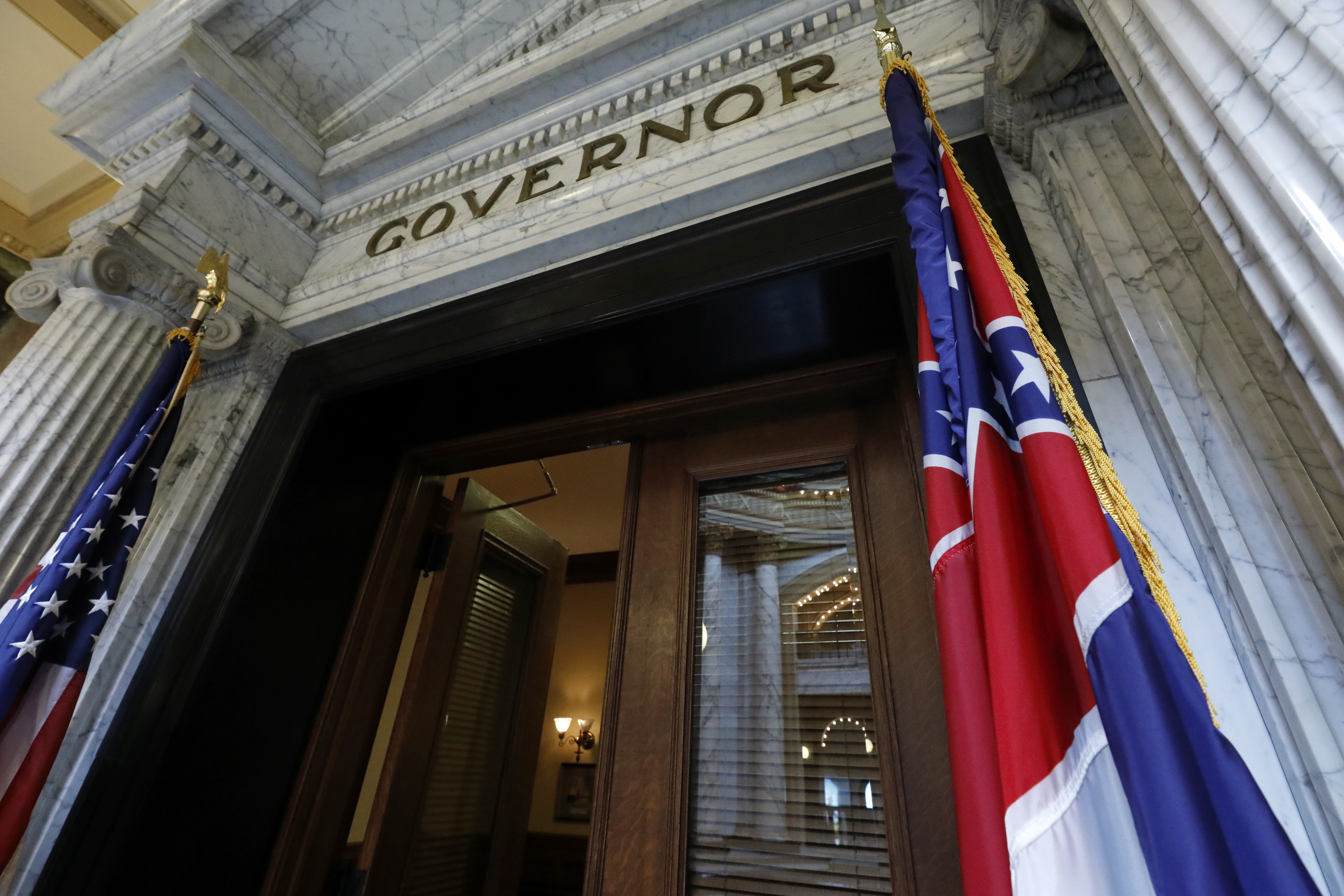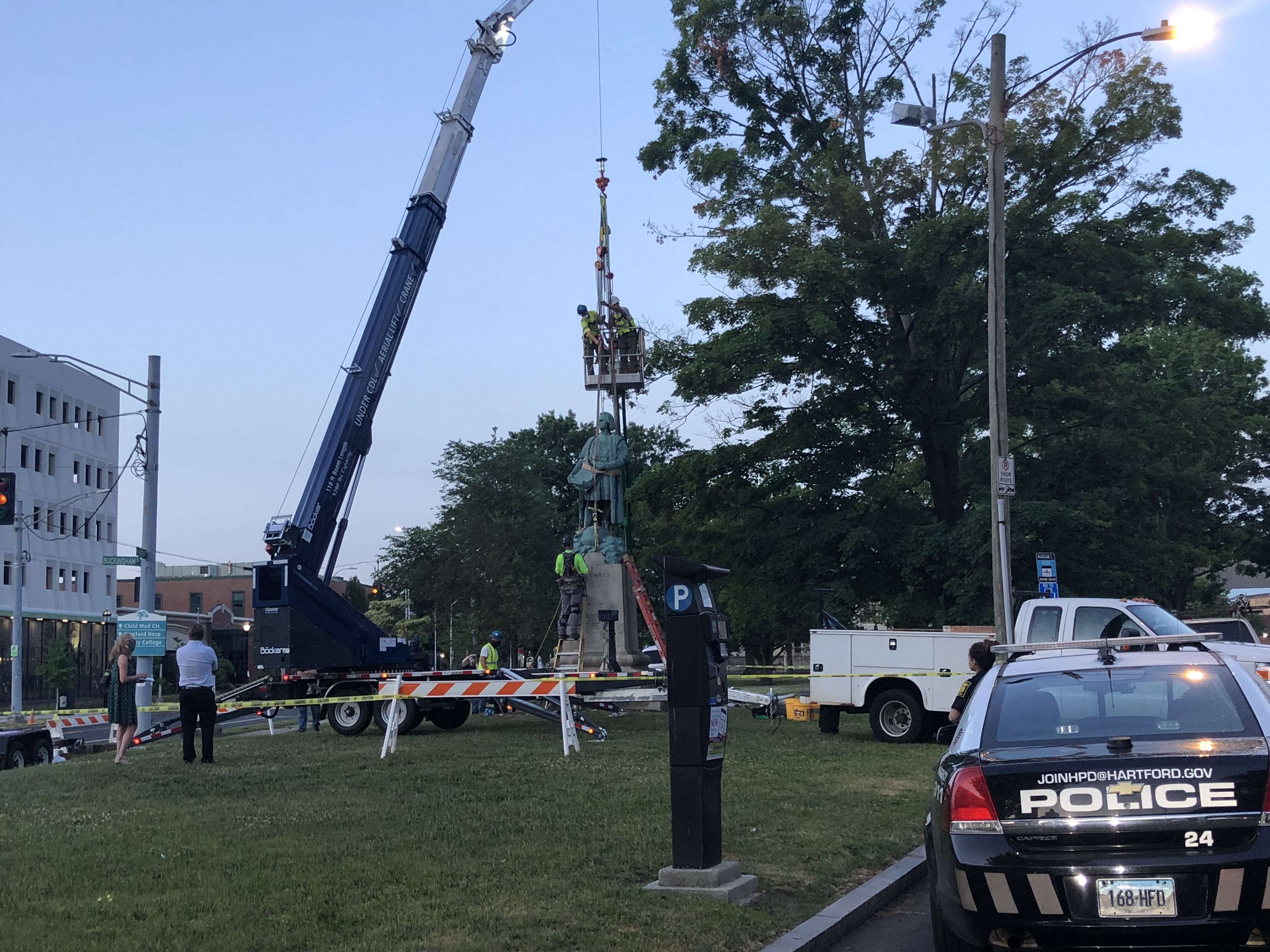Boston officials announced Tuesday night that a controversial statue featuring President Abraham Lincoln with a freed Black man on his knees will be removed.
A petition to remove "The Emancipation Group," a replica of a statue in Washington, accrued 12,000 signatures, the office of Mayor Marty Walsh said.
"This is not about Lincoln, this is about the figure that's supposed to represent my people — naked, kneeling in front of him," petition creator Tory Bullock said on June 15. "I think there are lot of creative ideas we can use to change that situation."
The statue in Park Square is being taken down following a unanimous vote from the Boston Art Commission.
"As we continue our work to make Boston a more equitable and just city, it's important that we look at the stories being told by the public art in all of our neighborhoods," Mayor Marty Walsh said in a statement. "After engaging in a public process, it's clear that residents and visitors to Boston have been uncomfortable with this statue, and its reductive representation of the Black man's role in the abolitionist movement. I fully support the Boston Art Commission's decision for removal and thank them for their work."
City officials also noted that the statue has been criticized since it was installed in 1879 for its depiction of the freed Black man.
Bullock said the statue has bothered him since he was a child, often asking himself, "if he's free, why is he still on his knees?"
The city will take the following steps before the statue is removed, Walsh's office said:
- Engagement of an art conservator to document, recommend how the bronze statue is removed, and supervise its removal and placement into temporary storage;
- Commissioning of detailed documentation of the artwork into Boston Art Commission archives, which may include photography of the statue in situ, drawings, and a 3D scan, as well as the history of the piece and the process that the Boston Art Commission took in order to make this decision;
- Creation of a public event that will acknowledge the statue’s history and inform the public;
- Initiation of a process to determine how to re-contextualize the existing statue in a new publicly accessible setting; and
- Addition of temporary signage to the site to interpret the statue prior to its removal and permanent signage after the removal.
The date for the statue's removal has not yet been determined. The art commission will meet again July 14.



